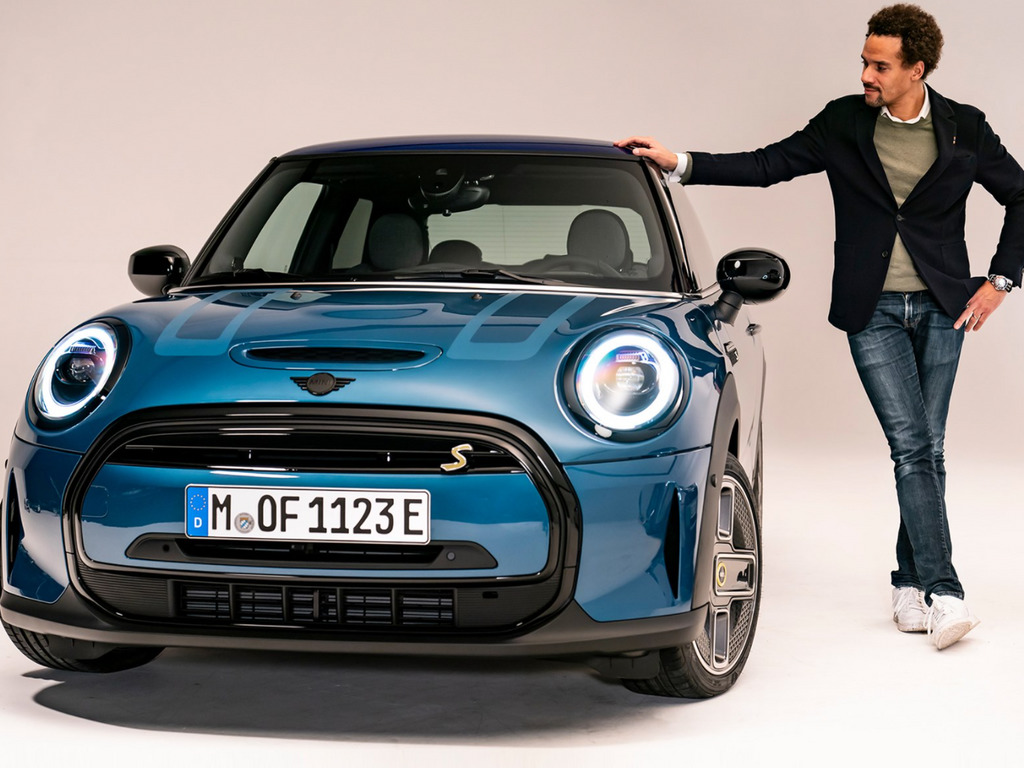3 Mins Read
British automotive brand MINI recently announced that the company has decided to ditch animal-leather for their cars in order to be more sustainable and kinder to the planet.
According to Oliver Heilmer, MINI’s head of design, the BMW-owned brand will not be using animal leather in its future car models and will instead use recycled material for their cars’ interiors.
In 2020, 54% of the new Mini models ordered in the UK contained real leather. Owing to the decreasing demand for animal leather among consumers, MINI decided to make the change.
In an interview with Autocar, Heilmer revealed the company doesn’t want to use animal leather that is not sustainable in the long run. “We don’t need leather any more in the future, because we don’t believe it’s sustainable. We’re totally convinced that we will have modern and high-value products without leather.”
The future MINI seats will be created out of 100% recycled fabric and the underlining too will be developed from 70% recycled fabric.
Aside from being sustainable, Heilmer added that the animal-free interiors also showcase a timeless design. “It’s inventive simplicity. Materials will be recycled, but they’re luxurious at the same time. We used cork in the Urbanaut [concept]. The aesthetics will be coming more from a home perspective, rather than an automotive one. We’re looking to create a timeless design. A one-season design, like fashion, isn’t our aim with the design of future MINIs.”
We don’t need leather any more in the future, because we don’t believe it’s sustainable. We’re totally convinced that we will have modern and high-value products without leather
Oliver Heilmer, head of design at MINI
Heilmer also stressed that the company prioritises sustainability and will be working on creating the smallest footprint for each of its products.
In August last year, parent company BMW announced that all of its 5-Series cars would showcase Sensatec leatherette seats, a cruelty-free and vegan leather material that the company has been using for years. The brand’s i3 has recycled plastic and seat fabric and its iNEXT electric SUV features a vegan interior.
On the website, Frank Weber, BMW’s Development head discussed the future plans for the company. “We will have 25 electrified models on the roads by 2023; even before 2025, we expect up to 25% of our global sales to come from electrified vehicles. And, of course, our developers are already thinking about the vehicle concepts that will come onto the market in ten years’ time, when there will be even more electric cars.”
The company is also setting targets in an effort to drastically reduce its CO2 emissions per vehicle by at least one third across the entire spectrum. For a fleet of around 2.5 million vehicles, as produced by the company back in 2019, this would equate to a reduction of more than 40 million tonnes of CO2 over the lifecycle in 2030.
We will have 25 electrified models on the roads by 2023; even before 2025, we expect up to 25% of our global sales to come from electrified vehicles. And, of course, our developers are already thinking about the vehicle concepts that will come onto the market in ten years’ time, when there will be even more electric cars
Frank Weber, development head of BMW
Animal-rights charity PETA highlighted the fact that not all cars that feature leather-free interiors are vegan as other components that are developed out of animal-derived materials such as adhesives can be used in the models.
Aside from MINI, several other car brands are doing their bit towards the plant. For instance, in 2016, Tesla started featuring synthetic leather in a few of its models. Another competitor in the automotive space, Ford recently unveiled its electric Mustang Mach-E, free of animal leather, and Porsche’s new electric model, the Taycan gives consumers a vegan leather interior option, with the vehicle’s floor featuring an Econyl recycled fiber made from recycled fishing nets.
Lead image courtesy of BMW Group.



